Developers paint a pretty picture of what it will be like to own a home in their community: everyone is happy, gets along, and you’ll love coming home to your personal sanctuary.
In these common-interest communities, homeowners associations (HOAs) are given the responsibility to uphold rules and maintain the property so this depiction remains a reality. But what happens when the HOA’s actions lead to a reality that doesn’t fit this pretty picture?
If the members of your HOA have failed to perform their duty or have acted negligently, abusively, or unfairly you may end up in a dispute with your association. If this has happened to you, look to Bruce I. Flammey, an experienced HOA lawyer in Las Vegas, for assistance in fighting your HOA for the justice you deserve.
How Legal Representation Can Help
Mr. Flammey can assist you in seeking a resolution to your dispute by presenting your case to your association. If this doesn’t resolve the situation, he can help you navigate the various administrative rules and procedures involved in addressing grievances to the association’s Board of Directors, and in some cases to the Nevada Real Estate Division (NRED).
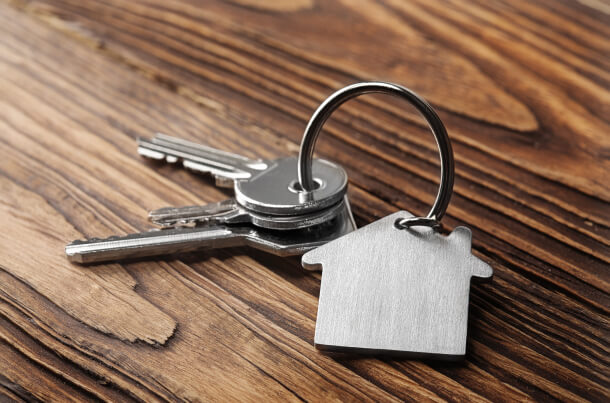
Practice Areas
Bruce Flammey often handles cases for homeowners
who are in a dispute with their HOAs involving the following situations:
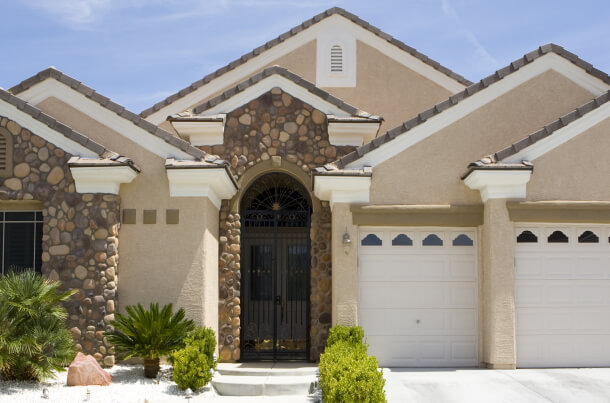
CC&Rs Violations – Enforcement of Governing Documents
Homeowners or condo associations in Nevada are governed by both state law and their own documents, including their Covenants, Conditions & Restrictions (CC&Rs). Any action taken by members of the association must be in accordance with these laws and governing documents. When they’re not, disputes with homeowners can arise.
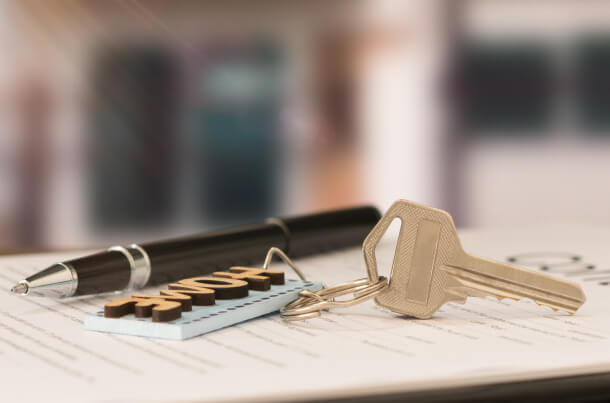
Selective Enforcement
All homeowners in an HOA should be treated in the same way as others in their community. If your HOA treats people in the same situation differently, they may be practicing “selective enforcement” of their governing documents. In most cases, this is a breach of the association’s duties.
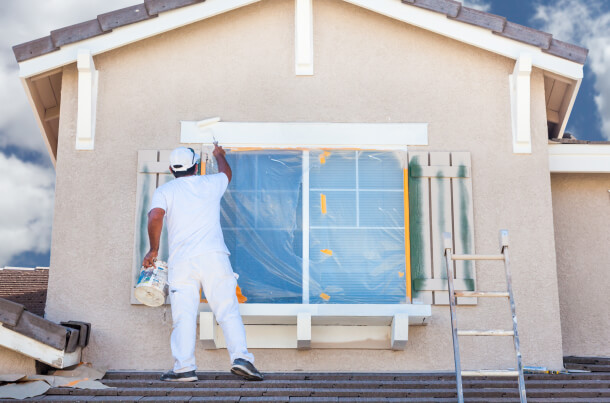
Remodeling Disputes
HOAs typically require that any exterior changes be submitted and approved by the association before they are made to your property. If these changes are denied, you may be confused and frustrated with their decision and feel you’ve been treated unfairly.

Harassment & Discrimination
Sadly, people don’t always treat others well due to their own personal reasons, leading to harassment and discrimination. If you’ve been harassed or discriminated against by your HOA, Mr. Flammey can help you right these wrongs.

Contract Violations
While the CC&Rs create a contract between the homeowners and the HOA, the association may also enter into contracts with vendors for services within the community. Occasionally, homeowners may have questions concerning the details or performance requirements for certain vendors.
The content of these service contracts are part of the books and records of the association and, under Nevada law, must be made available to homeowners. When the association cannot–or will not–make its books and records available, the homeowner may need to seek legal counsel to help obtain this information.
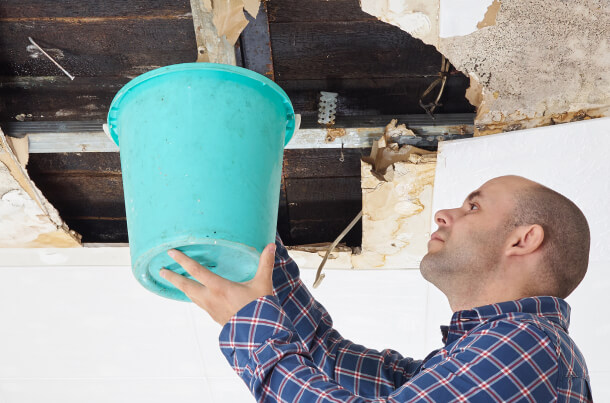
Failure to Repair
Certain areas of your community are available for all members of the association to use and the HOA’s governing documents detail who is responsible for their maintenance. When confusion as to who is responsible arises, homeowners may need legal counsel to assist in the interpretation of both the applicable Nevada law and the association’s governing documents to determine responsibility.
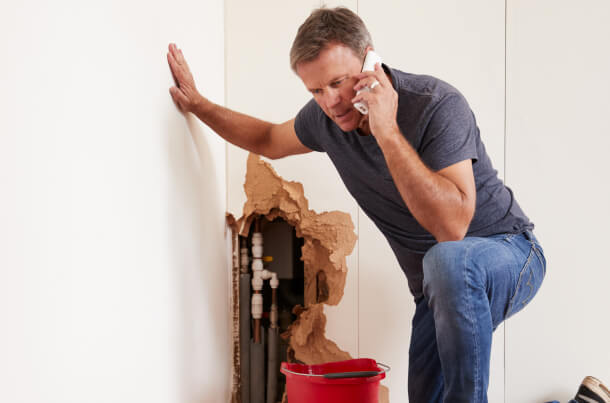
Negligence
Homeowners generally have a duty to keep their property in good order, ensuring that it’s safe for use by others. When that duty is not met and a person is injured or suffers some other damage, the person suffering such damage may have a claim against the owner of the property–as well as the person tasked with managing and maintaining that property–for their injuries.
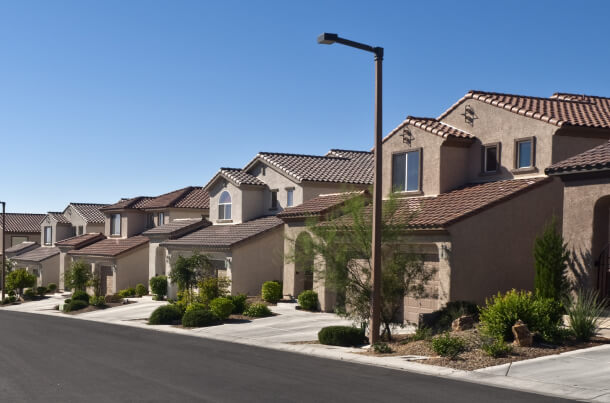
Neighbor Disputes
Living in an association typically places people in much closer proximity to their neighbors than what they’re used to. Additionally, they may be subject to more rules and policies affecting their daily routines compared to previous living situations. This can lead to neighbor-to-neighbor disputes.

Misappropriation of Funds
Board members, committee members, and association management staff are agents of the association and are required to put the interests of the association ahead of their own. Unfortunately, some people in positions of trust fail in their duty to safeguard the property of others.

Common Area Disputes
Sometimes, damage to a homeowner’s property can occur where the source seems to come from the association’s common element or common area, or from another unit. This could be a water leak, other intrusions, or damage to a unit that comes from outside its boundaries.
When this happens there may a dispute as to the cause of the intrusion or damage and therefore, lead to confusion as to who is responsible for repairing any damage to the unit.
